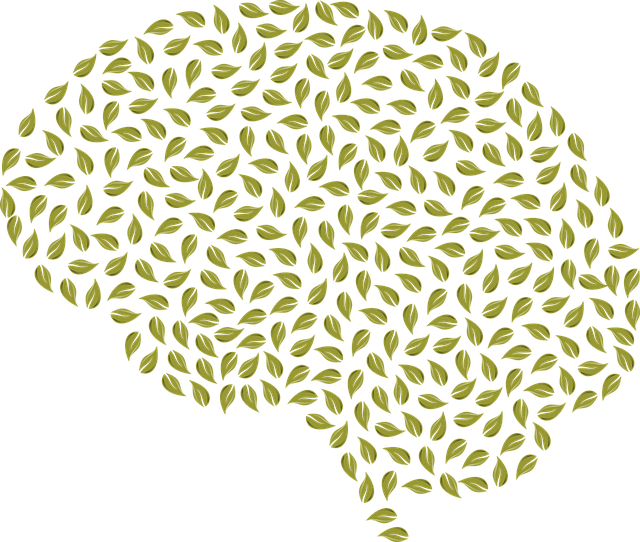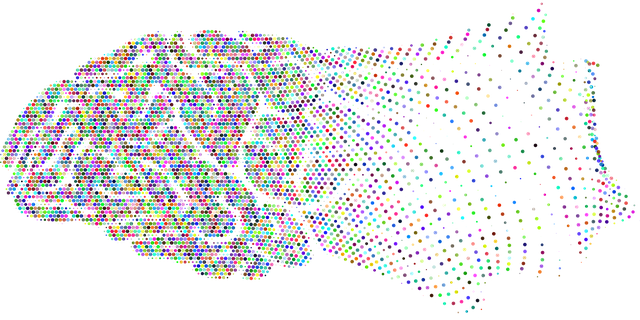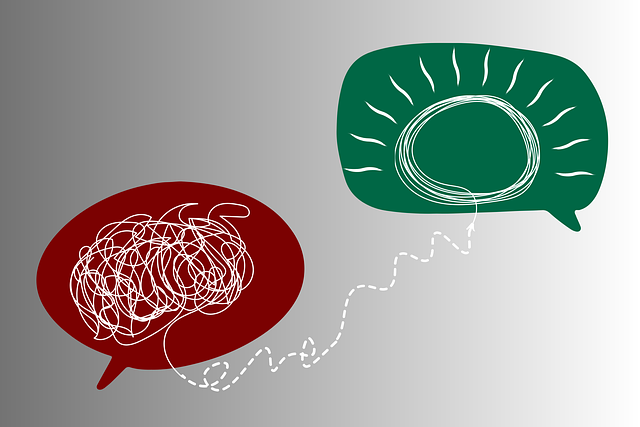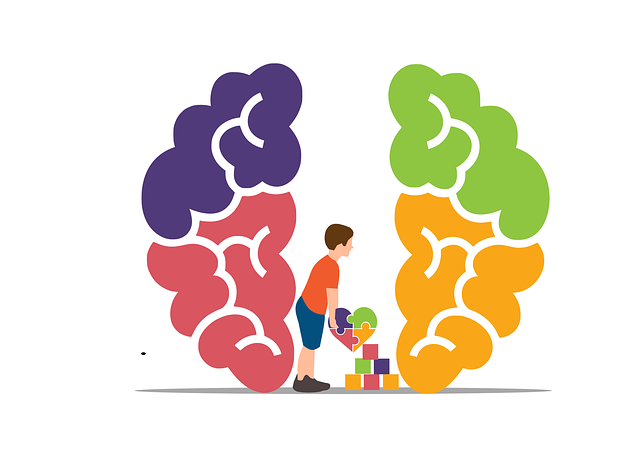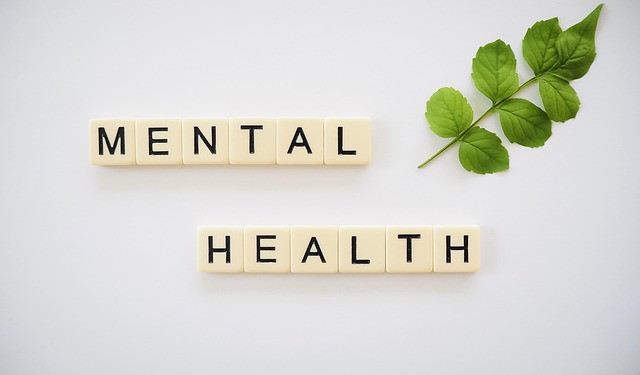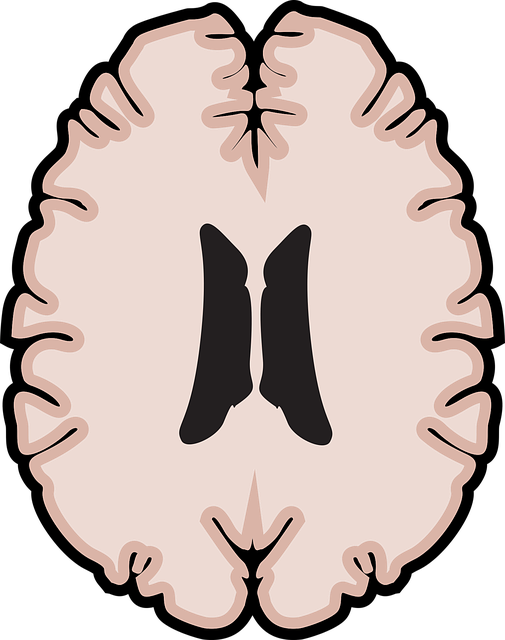Lone Tree Child Abuse Therapy focuses on the vital link between social skills and mental health, offering specialized programs for children with mental health conditions often overlooked in traditional therapy. Through holistic approaches including self-esteem enhancement, self-care practices, role-playing scenarios, and group therapy, they empower clients to build healthier relationships and reduce social anxiety. This immersive training contributes to improved academic performance, peer interactions, and emotional well-being, ultimately enhancing the quality of life for individuals with mental health issues.
Social skills training is a powerful tool for improving mental health outcomes, especially for individuals navigating challenging conditions. This article explores the intricate link between social abilities and psychological well-being, highlighting Lone Tree Child Abuse Therapy as a leading provider in this domain. We delve into effective strategies, from cognitive-behavioral techniques to role-playing exercises, that foster meaningful connections. By enhancing social interaction skills, individuals can experience improved self-esteem, better coping mechanisms, and enhanced overall mental health, all achievable through specialized programs like those offered by Lone Tree Child Abuse Therapy.
- Understanding the Connection Between Social Skills and Mental Health
- The Role of Lone Tree Child Abuse Therapy in Training Social Skills
- Strategies for Effective Social Skills Training
- Benefits and Real-World Applications of Enhanced Social Interaction Abilities
Understanding the Connection Between Social Skills and Mental Health

The connection between social skills and mental health is a complex and intricate one. Lone Tree Child Abuse Therapy recognizes that individuals with mental health conditions often face challenges in their ability to interact and connect with others, which can significantly impact their overall well-being. Mental health struggles can hinder essential social skills, leading to feelings of isolation, depression, and anxiety in both personal and professional settings.
Improving social skills is a vital aspect of holistic treatment for various mental health disorders. Self-esteem improvement and adopting effective self-care practices are instrumental in fostering positive interactions. Moreover, community outreach program implementation can create supportive networks, enabling individuals to develop and practice these skills in real-life scenarios. By addressing social barriers, therapists at Lone Tree Child Abuse Therapy aim to empower clients to build healthier relationships, enhance their support systems, and ultimately promote better mental health outcomes.
The Role of Lone Tree Child Abuse Therapy in Training Social Skills

Lone Tree Child Abuse Therapy has been at the forefront of social skills training for children with mental health conditions. Their specialized programs are designed to help young individuals navigate social interactions with confidence and grace, a critical aspect often overlooked in traditional therapy models. Through innovative techniques, the therapy center equips kids with the tools necessary to build resilience and foster healthy relationships.
The approach at Lone Tree Child Abuse Therapy goes beyond mere instruction; it involves immersive experiences that teach conflict resolution techniques and promote empathy. By creating safe spaces where children can practice social skills in a supportive environment, the center facilitates their growth and helps reduce anxiety associated with social situations. This holistic method not only benefits the individuals but also contributes to the development of public awareness campaigns, highlighting the importance of early intervention for mental health support.
Strategies for Effective Social Skills Training

Social Skills Training for Mental Health Conditions
Effective social skills training involves a multi-faceted approach tailored to each individual’s unique needs. At Lone Tree Child Abuse Therapy, we recognize that building and reinforcing positive social interactions can significantly impact one’s mental health. Strategies include incorporating self-awareness exercises to help individuals understand their emotions and triggers, promoting positive thinking through cognitive reframing techniques, and teaching practical mood management strategies. These foundational skills empower individuals to navigate social situations with greater confidence and resilience.
Additionally, role-playing scenarios and group therapy sessions play a crucial role in training. They offer safe spaces for practicing newly acquired skills, receiving immediate feedback, and learning from peers’ experiences. By combining these evidence-based methods, our programs foster a deeper sense of self-efficacy, enabling individuals to build meaningful connections and enhance their overall well-being.
Benefits and Real-World Applications of Enhanced Social Interaction Abilities

Enhanced social interaction abilities offer a multitude of benefits for individuals with mental health conditions. By improving their capacity to connect and communicate effectively with others, therapy can help them build stronger relationships, increase their sense of belonging, and reduce feelings of isolation. This, in turn, can lead to improved emotional well-being, increased self-esteem, and better coping mechanisms. For instance, at Lone Tree Child Abuse Therapy, therapists often incorporate social skills training into treatment plans, empowering young clients to navigate social situations with more confidence and ease.
In the real world, these enhanced abilities translate into significant improvements in daily life. Better communication can lead to improved academic performance, stronger peer relationships, and greater success in future employment. Public Awareness Campaigns Development, Community Outreach Program Implementation, and effective Communication Strategies all play vital roles in fostering an environment where individuals with mental health conditions feel supported and understood. This not only improves their current quality of life but also paves the way for a brighter and more inclusive future.
Social skills training, as offered by organizations like Lone Tree Child Abuse Therapy, plays a pivotal role in enhancing mental well-being. By understanding the connection between social interaction and mental health, we can empower individuals to navigate social situations with confidence. The strategies outlined in this article provide a roadmap for effective training, ultimately fostering better connections and improved quality of life. For those seeking support, Lone Tree Child Abuse Therapy offers valuable resources to transform lives and build resilient communities.

